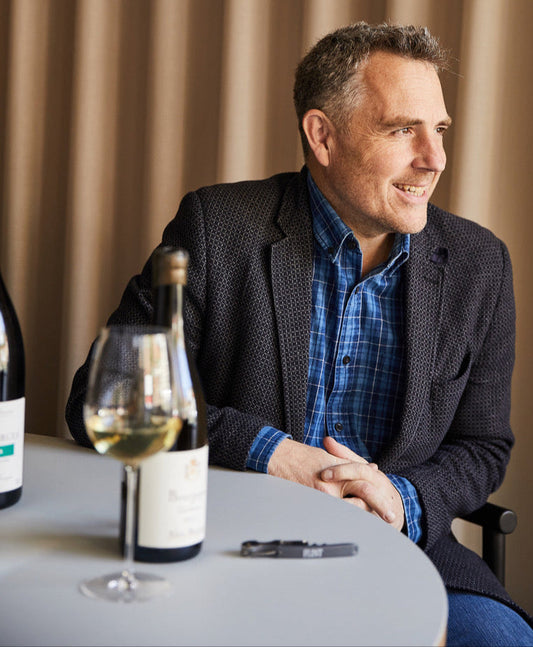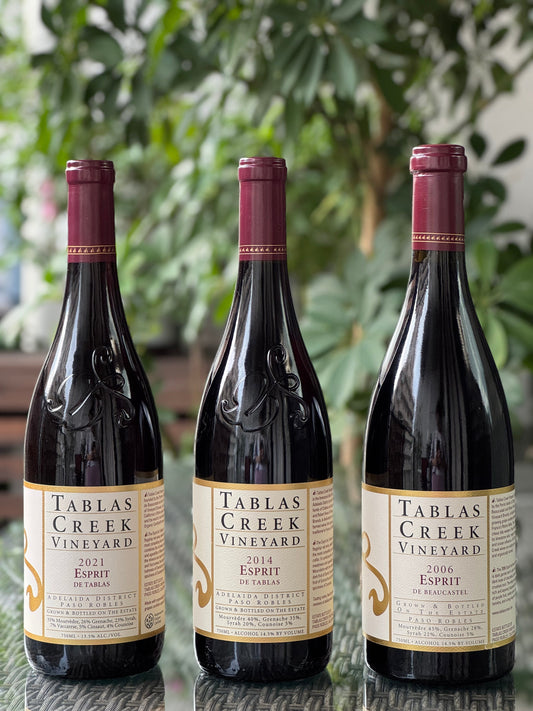| The butt of a thousand jokes, the county of Essex is the source of some of the best grapes in England. Adam Lechmere joins a lively debate on the future of English still and sparkling wines. |
| Essex – the southern English county often mocked for brashness and vulgarity – has the most promising future for English still wine. This was the message from a lively tasting and debate at 67 Pall Mall last night. Four expert panellists discussed the question ‘Where is English wine heading and how high can it go?’ at the London club. ‘Essex is coming. It has unique qualities for still wines, in terms of soil, altitude and climate. It gets considerably less rainfall than the rest of southern England,’ James Lambert, managing director and head winemaker at Lyme Bay Winery said. Earlier, the audience had been sampling Lambert’s sparkling Classic Cuvée, and still 2021 Chardonnay. Other wines in the tasting included Gusbourne’s 2014 Fifty One Degrees North, the winery’s recently-released £195 prestige cuvée; Cambridge’s Gutter & Stars winery’s 2021 Strange News from Another Star Bacchus – widely considered one of the standout wines of the evening; Gusbourne’s 2022 Rosé and Blackbook’s Pygmalion Chardonnay, made from fruit from Essex’s Crouch Valley. English winemakers and many observers have long considered Essex an excellent source of ripe fruit. In 2021 wine expert Jamie Goode namechecked the Crouch Valley as a ‘hotspot’ for English wines. Wineries across Southern England, from Lyme Bay in Devon to Hattingley Valley in Kent use Essex fruit in their still wines. Champagne and sparkling wine expert Tom Hewson, one the panellists, said, ‘historically Essex has been ignored because its heavy clay soils were thought no good for viticulture – they’re so unlike Champagne. But it’s very dry and a good deal warmer than Kent and Sussex.’ The county has also long suffered unfairly from good old-fashioned British snobbery, its inhabitants considered uncultured, perma-tanned vulgarians, as portrayed in the hit reality TV series The Only Way Is Essex. Unlike its fellow wine counties in Sussex and Kent, Essex has few great landed estates with fine manor houses – it has never really been a tourist destination. But in wine terms, Lambert stressed, there’s huge potential. ‘There’s a lot of excitement around Pinot Noir and Chardonnay, as well as Bacchus.’ The warm, low-lying Crouch Valley is ‘a key region’. The vineyards which sit close to the Crouch River avoid the spring frosts which bedevil many English vineyards; this allows consistency of ripening. ‘In 2021, when vineyards across the south were struggling to ripen Chardonnay for sparkling wine, the Essex vineyards were getting 13 percent ripeness for good still wines,’ Hewson said. |
| The potential of Essex was just one theme of a wide-ranging debate. Journalist and former Club Oenologique editor Guy Woodward, moderating, brought the discussion round to the general future for English still wine. ‘There remain inconsistencies,’ said Sergio Verrillo, winemaker at Blackbook Winery (one of London’s very few urban wineries). But he noted that wine consumers the world over are moving towards ‘leaner, fresher white wines – and that is in England’s favour.’ Panellist Laura Rhys MS, global brand ambassador for Gusbourne, noted that while climate change is ‘a double-edged sword’, bringing the possibility of more ripeness, at the same time it means ‘uncertainty – which is very damaging for growing anything.’ But, she said, ‘We are at an exciting point for English wine.’ To laughter, she remembered what the English wine landscape was like 20 years ago: ‘Getting people to enjoy English sparkling wine in 2004 was like asking them to enjoy a visit to the dentist. Things have changed a lot since then.’ The rest of the panel agreed emphatically. ‘This is one of the most exciting wine regions in the world,’ Verrillo said. ‘There is so much that is yet to come. We’re at the tip of the iceberg in terms of what we can achieve.’ |
| Adam Lechmere is contributing editor to Club Oenologique, and general manager of the IWSC Foundation. |




